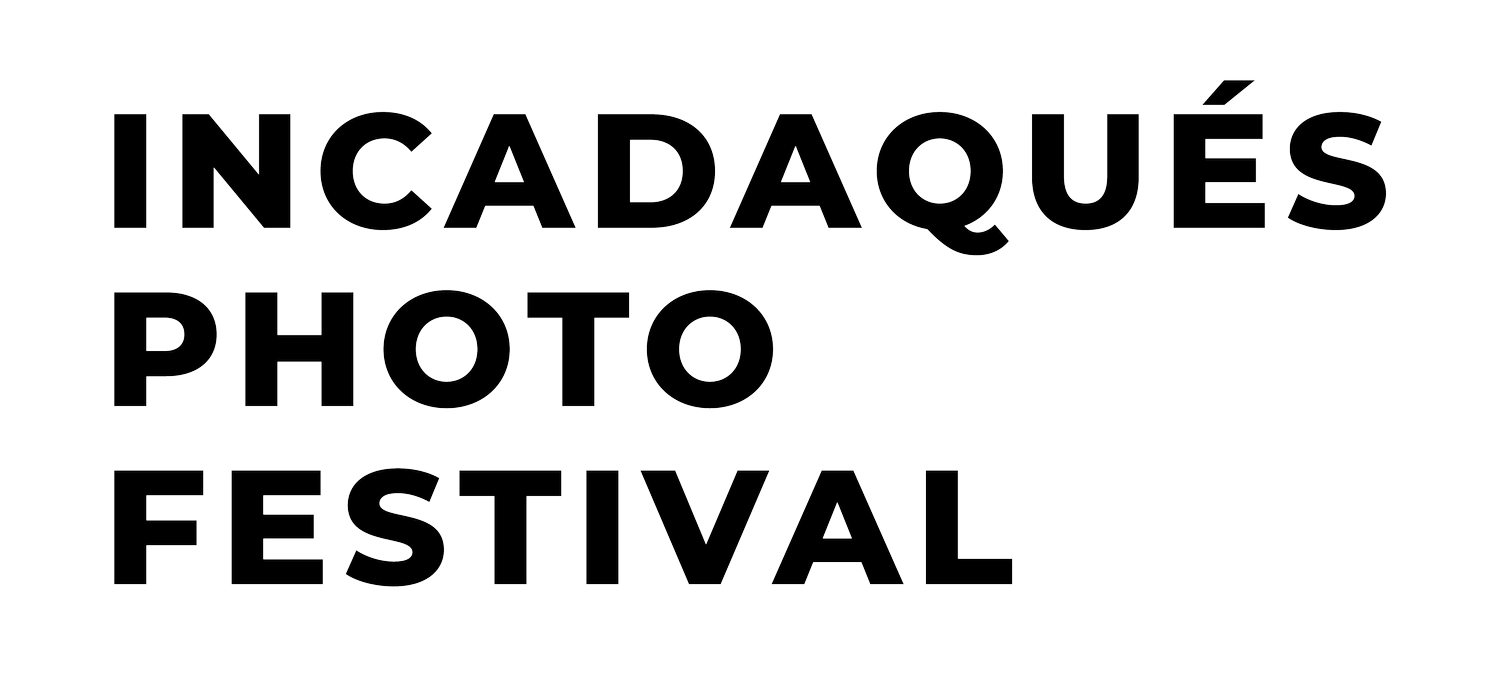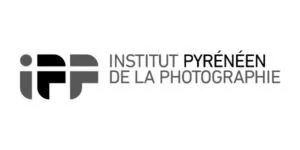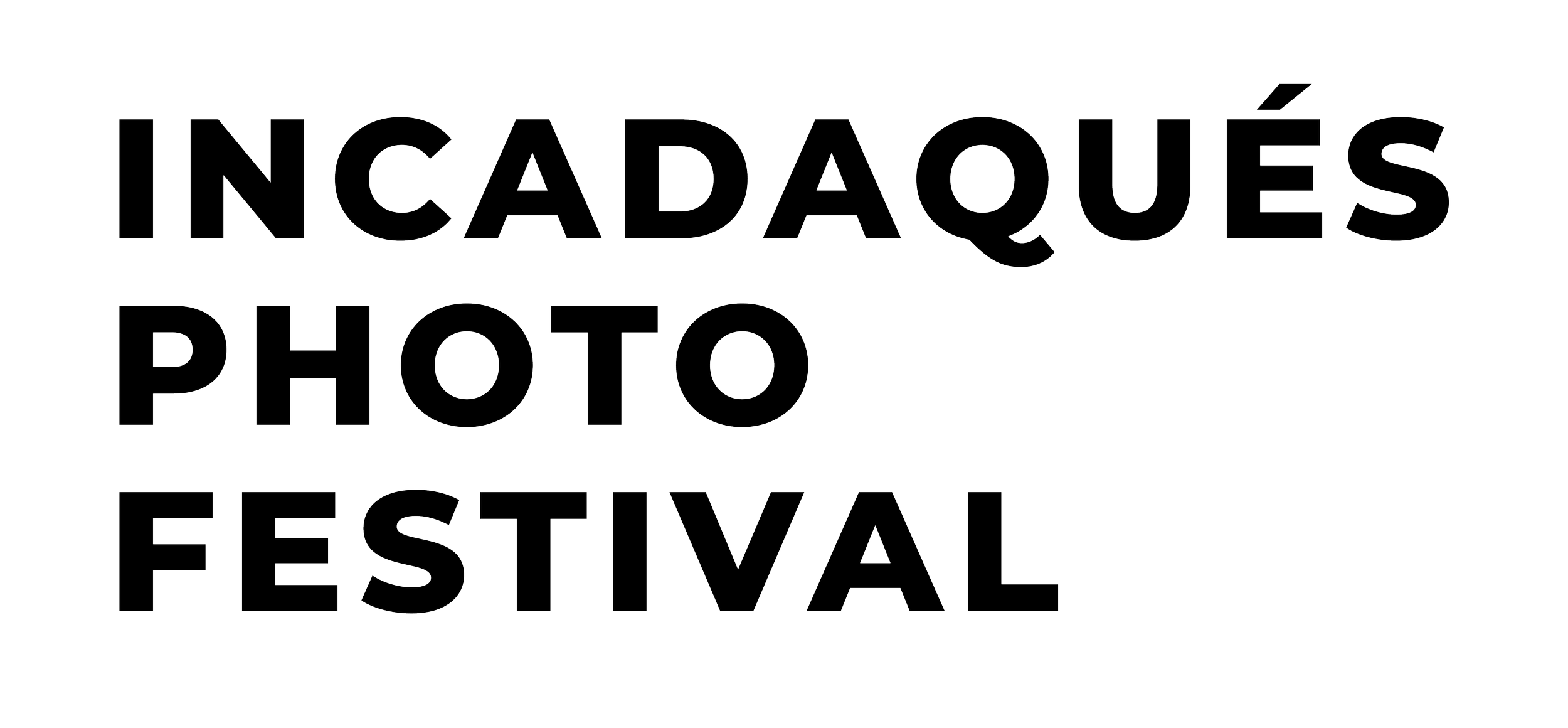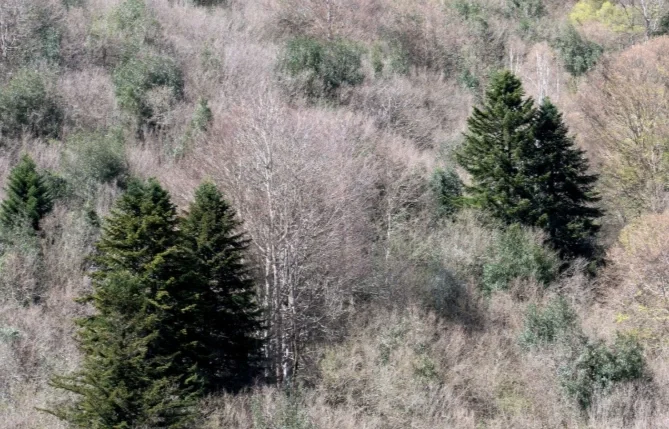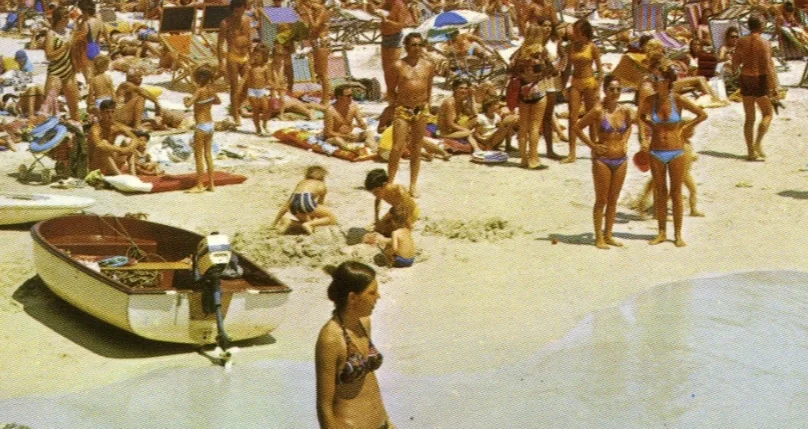TO CHANGE OUR IMAGINARY
Judith Prat · Cloé Harent · Marina Planas
This project presents three series of photographs resulting from three artist residencies – Occitania, Catalonia, and the Balearic Islands – inviting us to (re)think the connection between the Pyrenees and the Mediterranean by questioning the proximity of the peaks and the sea within a shared temporality.
A dialogue thus emerges between the raw, primitive, and telluric elements of Cap Creus captured by Cloé Harent; the sharply defined temporality of Majorcan photographic archives revisited by Marina Planas; and the human-scaled approach to the village communities of the Vallées des Gaves adopted by Judith Prat.
This updated interpretation of the landscape here becomes a source of creativity and remembrance of sensitive values, enabling us to better reflect on today’s issues beyond the stereotypical and commercial images that too often prevent us from understanding them.
A collaboration between the Pyrenean Institute of Photography, the InCadaqués Photo Festival, and the Casa Planas Center for Research and Contemporary Culture.Instagram @judithprat
The Mountain Above the Rooftops
JUDITH PRAT
In the 19th century, Pyrenean photography portrayed the region through the eyes of explorers, enriched with drawings and correspondence but detached from the daily lives of its people. What was missing was the lived knowledge of local communities—their relationship to the land, the Gascon language, and the cultural imagination rooted in place.
Judith Prat brings this perspective forward, focusing on the voices of those who inhabit the Pyrenees today. Her work addresses social questions—women’s roles, shared mountain pastures, the welcome of exiles—while underscoring the deep ties between humans, nature, and landscape. In a territory increasingly shaped by climate change, her photographs challenge us to imagine new futures, where the Pyrenees remain both fragile and creative, a source of awareness and renewal.
Judith Prat, trained in law and human rights, is a photographer whose work explores territory, memory, and women’s issues through visual narratives that connect images to critical thought. Her projects, shown internationally in venues such as Museo Reina Sofía and the Havana Biennale, have won numerous awards. Featured in The New York Times and The Guardian, she has published two books (MATRIA, BRUJAS) and produced documentary films, while also giving lectures and serving on photography juries.
Instagram @marinainstatime
A New Landscape
MARINA PLANAS
Marina Planas, artist and director of Casa Planas in Palma de Mallorca, explores the boundaries between art, memory, and visual representation, often through archives and postcards as tools of critique and imagination.
The postcard, once a nostalgic keepsake, is reimagined here as a tool for speculation and critique. Taken from archives, these images serve not as souvenirs but as starting points to envision other possible futures, shifting from commercial objects to community, educational, and poetic resources.
Through collective reinterpretation—essays, artistic practices, audio descriptions, and digital mapping—the series opens new ways of relating image, landscape, and territory. From this perspective, the postcard becomes a landscape in itself, a space where memory meets the imagination of the future, inviting more diverse and sensitive narratives of place.
Instagram @cloe_harent
In Memoriam Terrae
CLOÉ HARENT
Cloé Harent is a French photographer whohas developed a poetic approach to photography, exploring the intimate relationship between humans and their environments, with a focus on sensory textures, memory, and the interplay of life and death
Her series In Memoriam Terrae, created during her residency at the InCadaqués Photo Festival, captures the wild landscapes of Cap de Creus, a protected site where rock, wind, sun, sea, and salt have interacted for millennia. The project portrays the land as shaped by ancient forces, exploring the memory inscribed in stone.
Through richly textured images, Harent blurs the line between reality and fiction, offering a poetic homage to a primal, human-free Earth and inviting reflection on nature’s fragility and timeless dialogue with life.
